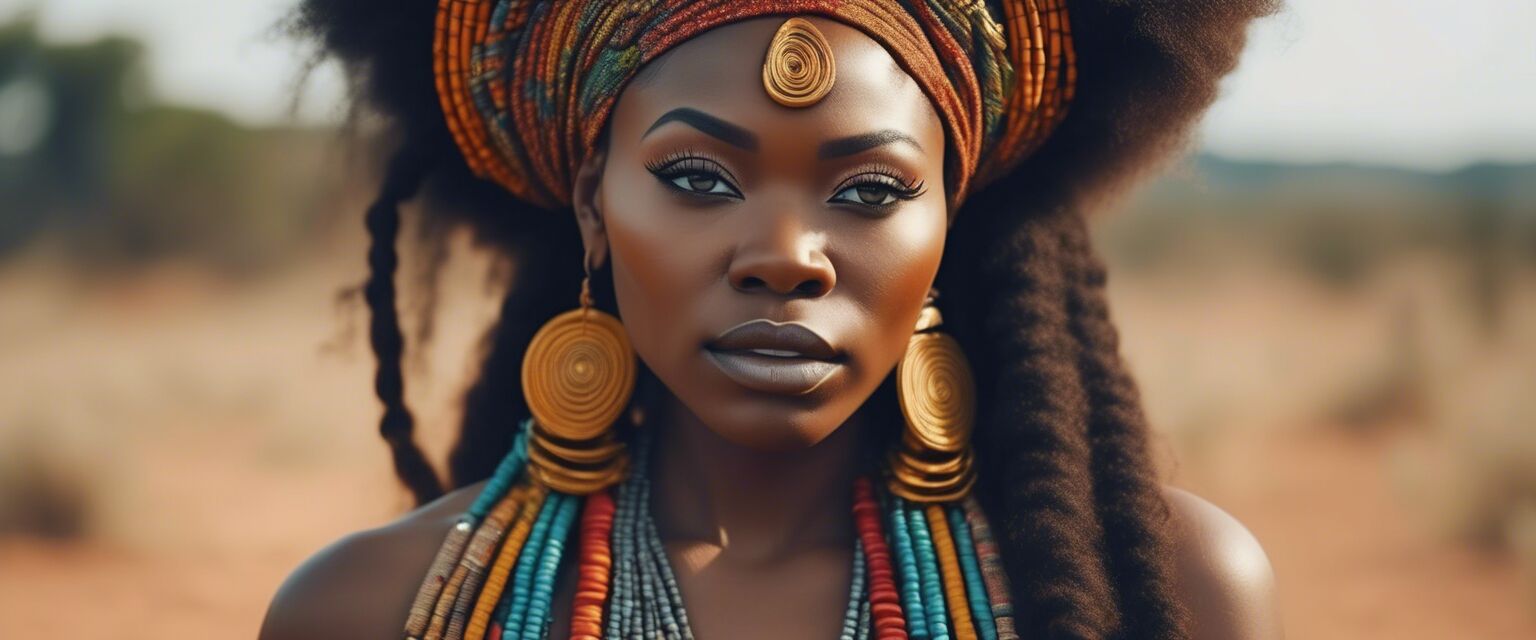
A Celebration of Black Hair: Historical Perspectives
Key Takeaways
- Black hair has a rich history tied to cultural identity.
- Traditional hairstyles convey messages about community and heritage.
- The evolution of Black hair signifies resistance and empowerment.
- Understanding the historical significance of Black hair informs modern beauty practices.
Black hair is not just a physical attribute; it is a profound expression of cultural identity, history, and resilience. Through the ages, Black hairstyles have not only reflected style and aesthetics but have also told the stories of heritage, struggles, and triumphs. In this article, we will explore the significant historical perspectives surrounding Black hair, tracing its evolution and importance within cultural identity.
The Historical Significance of Black Hair
The significance of Black hair extends far beyond mere trends. From ancient civilizations to today, unique hairstyles and hair care practices have played a vital role in defining identity and societal roles within the African diaspora.
Ancient Africa: A Symbol of Identity
In many African cultures, hair has been a powerful symbol. It has signified age, marital status, and social rank. For example, among the Himba people of Namibia, hair is adorned with ochre paste to signify beauty and prosperity. Similarly, in ancient Egypt, hairstyles were often elaborate for royalty and served as a hallmark of social power.
The Transatlantic Slave Trade: Hair and Survival
The arrival of enslaved Africans in America led to significant changes in hair practices. To survive and resist the oppressive conditions, African women and men began to adapt their hair in ways that navigated the brutal realities of slavery while still retaining elements of their cultural identity.
The Civil Rights Movement: A Hair Revolution
During the Civil Rights Movement, Black hair became a powerful statement of defiance against oppression. The natural Afro style emerged as a symbol of pride and identity, challenging Eurocentric beauty ideals. Activists embraced their natural texture, making it a pivotal part of Black culture and identity. This period sparked a wider conversation about beauty standards and acceptance of all forms of Black hair.
The Evolution of Black Hairstyles
Throughout history, Black hairstyles have evolved, influenced by cultural exchanges, political movements, and societal changes. Below, we summarize different eras of Black hair and their meanings:
| Time Period | Hairstyle | Significance |
|---|---|---|
| Ancient Africa | Elaborate braids | Indicated social status and community ties |
| 19th Century | Wigs | Adopted to align with colonial beauty standards |
| 1960s-1970s | Afros | Symbol of Black pride and resistance |
| 1980s-1990s | Jheri curls | Popularized by cultural icons |
| 2000s-Present | Protective styles, locs, and natural curls | Embrace of natural beauty and individuality |
Cultural Identity and Representation
Black hair should be recognized not just as a form of beauty but as an emblem of cultural identity. Hair represents the diverse experiences of Black individuals globally. When we look at representation in media, the portrayal of Black hair has evolved. From negative stereotypes to celebrating variations of textures and styles, it profoundly impacts self-esteem and acceptance within Black communities.
Modern Embrace of Natural Hair
In recent years, there has been a significant movement towards embracing natural hair. The natural hair movement encourages individuals to appreciate their hair texture, promoting confidence, creativity, and self-acceptance. Many beauty brands are joining this revolution by creating products specifically designed for the unique needs of Black hair. For more information on finding the right products for your hair, visit our Haircare category.
Pros
- Empowerment and confidence through self-acceptance.
- Rich cultural heritage celebrated through different styles.
- Community building around hair care and styling.
Cons
- Societal pressures and stereotypes surrounding hair texture.
- Access to appropriate hair care products may be limited.
- Maintaining natural hairstyles can require significant time and effort.
The Role of Influencers and Community
Social media has transformed the way we engage with beauty standards and hair care. Influencers and beauty experts are using platforms to share tips, tutorials, and positive messages around Black hair. This phenomenon plays a crucial role in reshaping perceptions, making Black hair care accessible, and inspiring new generations.
Conclusion
Black hair is a beautiful tapestry woven through history, culture, and resilience. Understanding the historical significance of Black hairstyles allows us to appreciate their evolution and impact on cultural identity. As we celebrate the diversity of Black hair, we also empower ourselves to embrace our unique beauty and history. For more inspiring stories in the realm of Black beauty, visit our Featured Stories section.
Beginner's Tips for Hair Care
- Know your hair texture and choose products accordingly.
- Regularly moisturize to keep your hair healthy.
- Experiment with different styles to express yourself!
- Protect your hair overnight with a silk scarf or pillowcase.